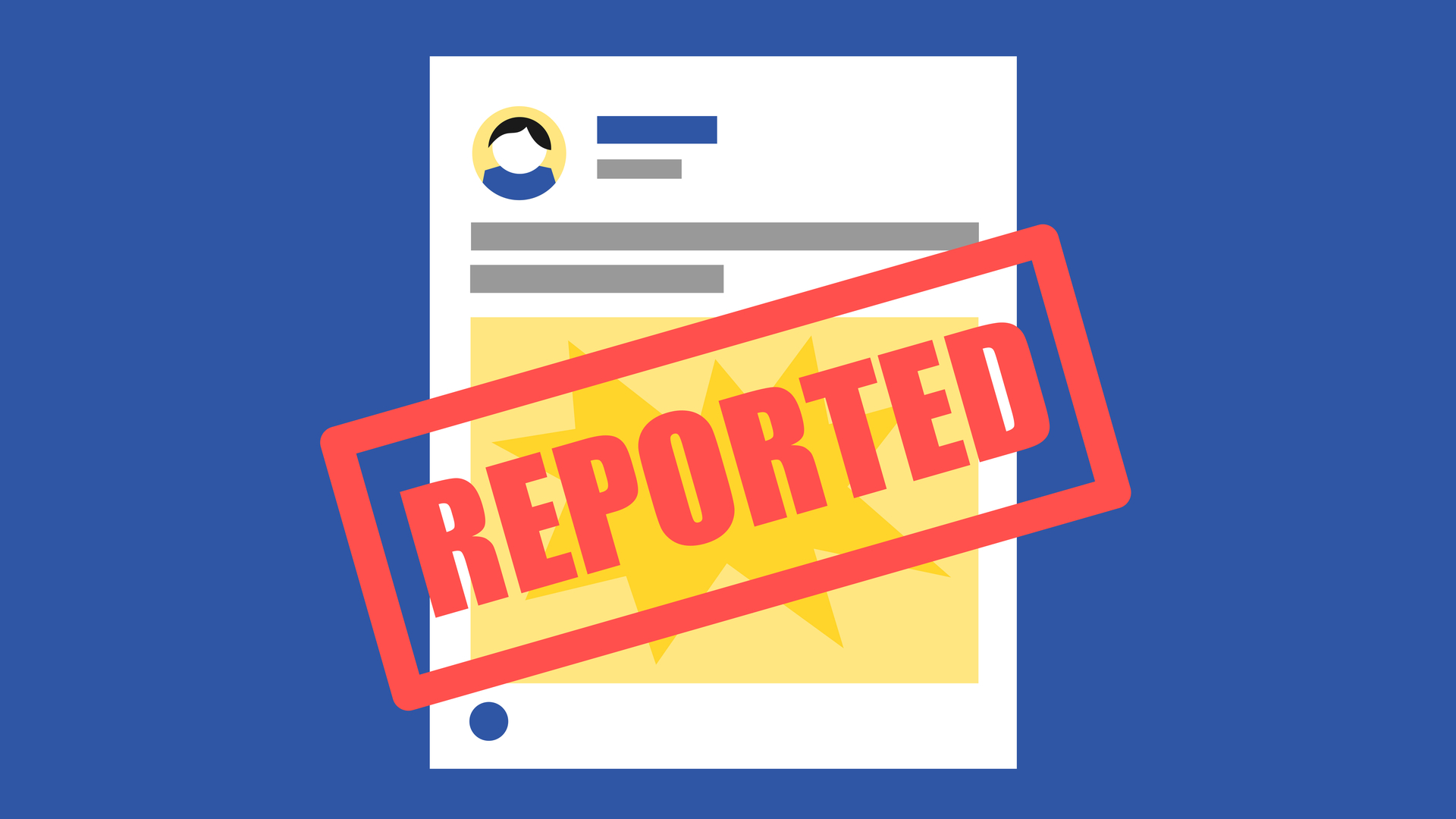Coronavirus forces social media to rely heavily on AI moderation
The pandemic has put social media’s automated takedown software to the test - with some room for error


Facebook, Twitter, and YouTube warned that more videos and other content could be mistakenly classified as policy violations and removed, due to the companies relying on the judgement of artificial intelligence (AI) during the coronavirus pandemic.
AI has been left to do its content-policing job virtually unattended as tech giants empty their offices and ask staff to work from home to protect them from the virus and curb the spread of the pandemic.
But this unprecedented situation has put social media’s automated takedown software to the test, with some room for error.
“We've invested significantly in automated systems for content review but they are not always as accurate or granular in their analysis of content as human reviewers,” Google announced on their blog. “These systems are configured deliberately to identify content that may violate our policies. So on YouTube there may be an increase in content classified for removal during this time—including some content that does not violate our policies.”
Twitter has also announced that it would also be increasing its use of machine learning and automation. In a blog post, legal, policy and trust & safety lead Vijaya Gadde and VP of sales Matt Derella warned: “While we work to ensure our systems are consistent, they can sometimes lack the context that our teams bring, and this may result in us making mistakes”.
The company also assured users that it would not be permanently suspending any Twitter accounts based solely on the judgement of its automated enforcement systems.
Facebook announced that it would ask its content review contract workers to work from home, yet warned that the staff could not perform some duties remotely “due to safety, privacy and legal reasons”. Nevertheless, it assured that AI would help in tackling content-reviewing workload.
Sign up today and you will receive a free copy of our Future Focus 2025 report - the leading guidance on AI, cybersecurity and other IT challenges as per 700+ senior executives
“We believe the investments we’ve made over the past three years have prepared us for this situation,” assured Kang-Xing Jin, Facebook’s head of health. “With fewer people available for human review we’ll continue to prioritize imminent harm and increase our reliance on proactive detection in other areas to remove violating content. We don’t expect this to impact people using our platform in any noticeable way.”
Despite assurances that the situation would not heavily affect the experiences of Facebook users, Jin warned that “there may be some limitations to this approach and we may see some longer response times and make more mistakes as a result”.
Having only graduated from City University in 2019, Sabina has already demonstrated her abilities as a keen writer and effective journalist. Currently a content writer for Drapers, Sabina spent a number of years writing for ITPro, specialising in networking and telecommunications, as well as charting the efforts of technology companies to improve their inclusion and diversity strategies, a topic close to her heart.
Sabina has also held a number of editorial roles at Harper's Bazaar, Cube Collective, and HighClouds.
-
 Trump's AI executive order could leave US in a 'regulatory vacuum'
Trump's AI executive order could leave US in a 'regulatory vacuum'News Citing a "patchwork of 50 different regulatory regimes" and "ideological bias", President Trump wants rules to be set at a federal level
-
 TPUs: Google's home advantage
TPUs: Google's home advantageITPro Podcast How does TPU v7 stack up against Nvidia's latest chips – and can Google scale AI using only its own supply?
